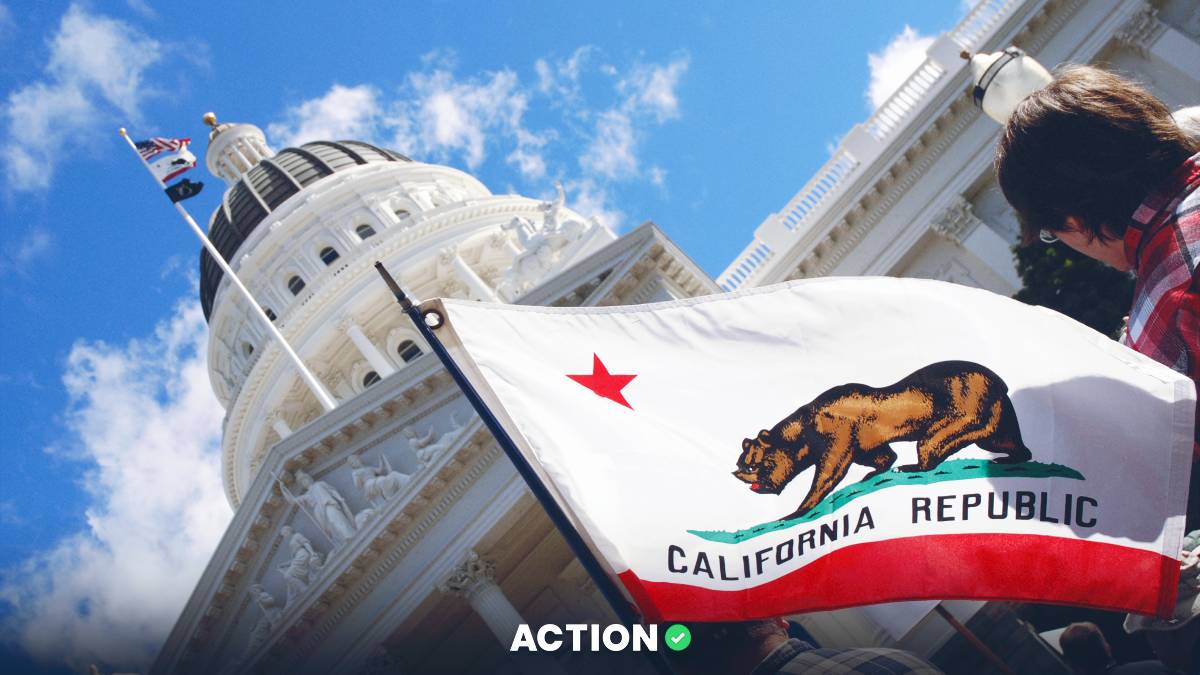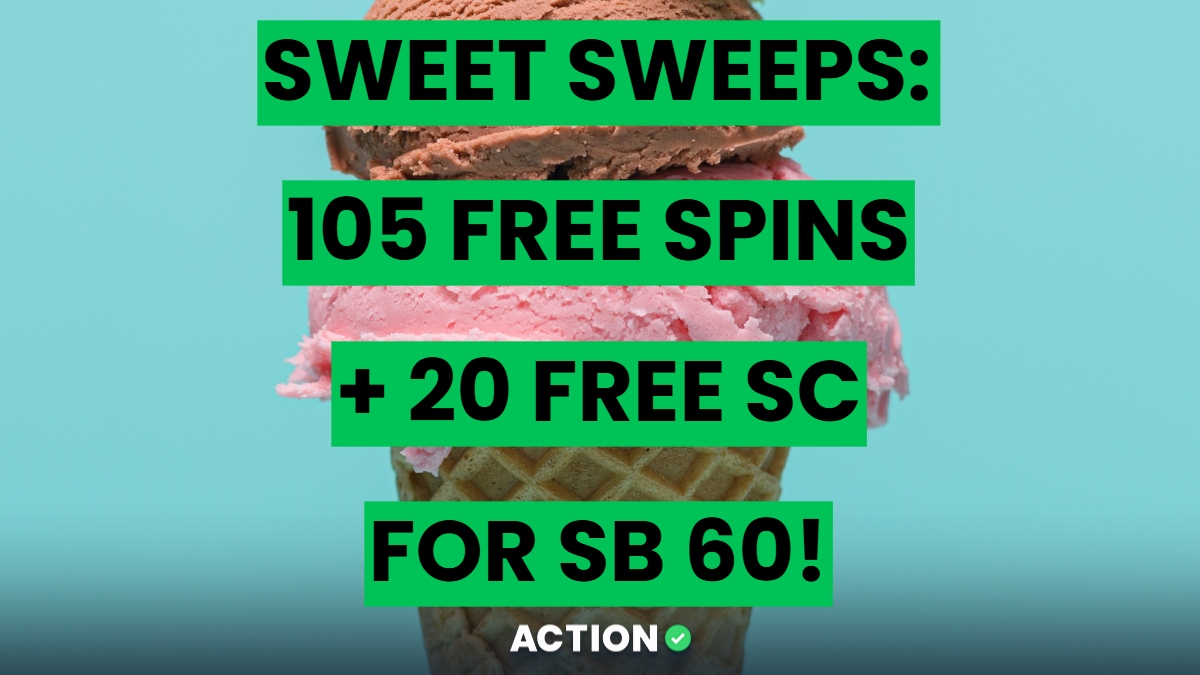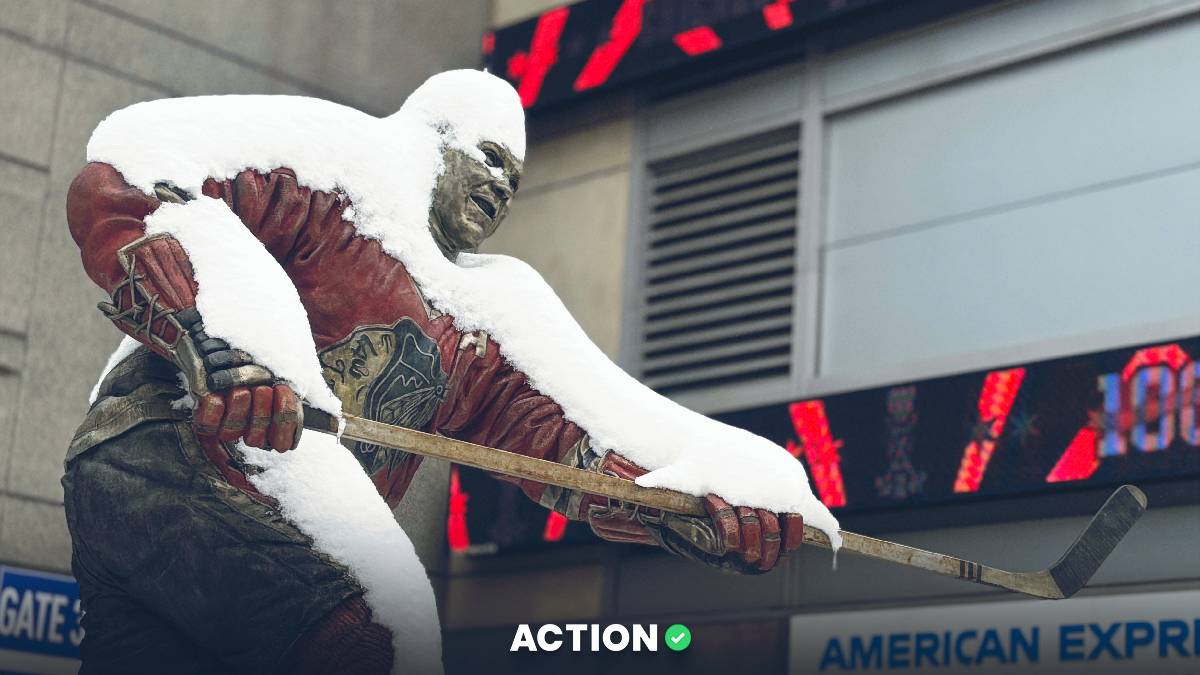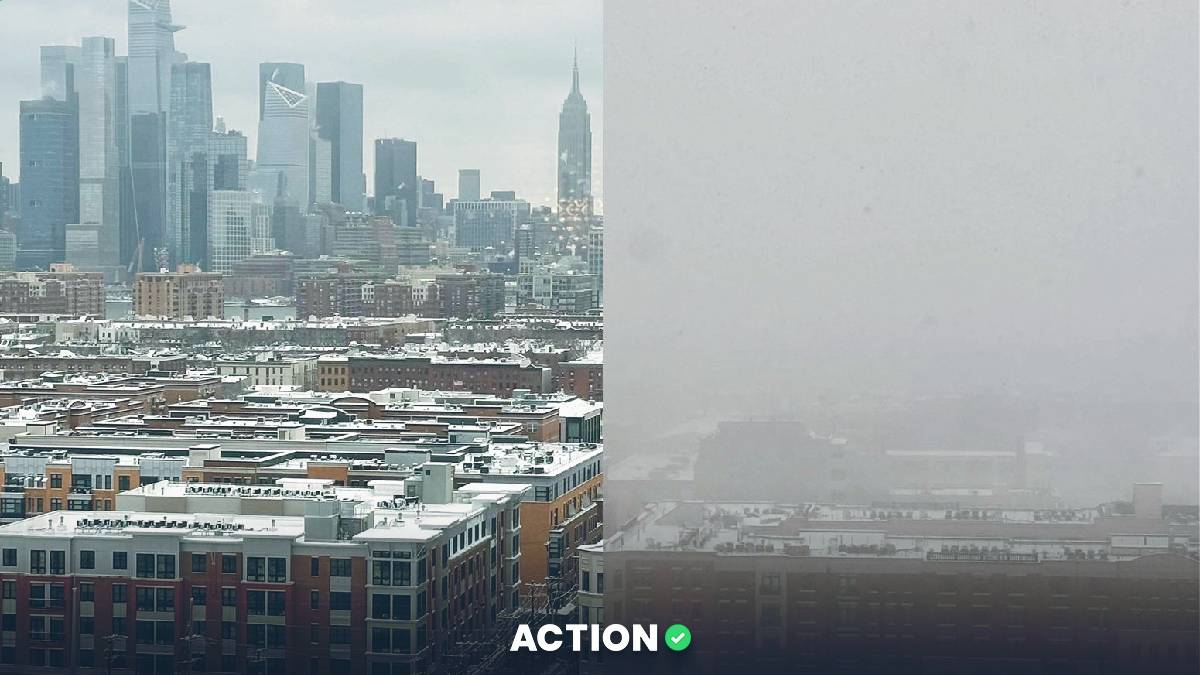This just got real.
In an important legislative decision, California's Senate has taken a major step toward banning online sweepstakes casino gaming. Here's what you need to know about this move and its potential impact.
What is AB 831?
AB 831 is a bill that aims to tackle the issue of online sweepstakes casinos. It was passed with a unanimous vote of 36-0, although four senators abstained from voting.
Key Aspects of AB 831:
Ban on Sweepstakes Casinos: The bill seeks to make it illegal to operate or promote online sweepstakes casinos, particularly those using "dual currency" models like Gold Coins/Sweeps Coins, which are common on platforms such as Chumba Casino and LuckyLand Slots.
Penalties: If you're caught operating or promoting these casinos, you could face up to one year in county jail and/or fines of up to $25,000. However, individual players won't be targeted for enforcement.
Exemptions: Certain exemptions have been added to protect legitimate business operations. These include:
- Promotional sweepstakes by non-gaming companies (e.g., companies like Starbucks).
- Lawful lottery activities.
- Operations by regulated gaming enterprises.
- Third-party service providers, like financial and geolocation services, who unknowingly assist these platforms.
Legislative Journey of California's AB 831
The bill went through three Senate committees – Governmental Organization, Public Safety, and Appropriations – and received unanimous support each time, despite intense debate and lobbying.
Amendments and Controversy:
- The "gut-and-amend" procedure was used to insert anti-sweepstakes language into an unrelated bill on tribal gaming, which caused some process concerns.
- There is strong support from tribal and law enforcement groups but significant opposition from advertising and social gaming sectors.
Assemblymember Avelino Valencia introduced the bill. His recent amendments are aimed at preventing the bill from negatively impacting non-gaming sweepstakes or promotional operators. It looks much different than the bill he originally introduced.
Why is This Happening in The Golden State?
Supporters' Perspective:
- California's tribal governments, gaming regulators, and law enforcement are concerned about unregulated sweepstakes platforms. They argue these platforms endanger the state’s regulated gaming ecosystem and tribal sovereignty, and lack oversight on responsible gaming and tax compliance.
- Tribal groups like the California Nations Indian Gaming Association (CNIGA) and tribes, which include the San Manuel Band of Mission Indians, have come out in support of the bill.

Opponents' Perspective:
- Critics, including digital marketers and tech associations, fear the bill could harm legitimate digital marketing and social gaming businesses.
- The Social & Promotional Games Association (SPGA) has expressed firm opposition to AB 831, calling it "too vague, too rushed, and too risky."
- The ACLU, Big Lagoon Rancheria Tribe, and the Association of National Advertisers also oppose the measure.
What's Next For the Sweepstakes Casino Bill in California?
The bill will return to the California Assembly for a concurrence vote, scheduled in September.
If approved, it will be sent to Governor Gavin Newsom for his signature. The legislative session ends on September 12, but October 12 is the final date upon which the Governor can sign or veto bills passed prior to the deadline of the two-year legislative session.
The measure could also carry over to the next session if not finalized.

California could soon enact one of the most comprehensive bans on online sweepstakes casinos in the U.S.
This legislation seeks to balance between eliminating casino-style sweepstakes and protecting non-gaming promotional activities, potentially reshaping the future of digital gaming promotions in the state.
If the bill passes, California will be the biggest state in the U.S. to make such a law against sweepstakes. Last month, New Jersey's Governor Phil Murphy enacted a similar law when he signed A5447 and S4282 i, and a bill in New York is waiting for Governor Kathy Hochul to sign it.









